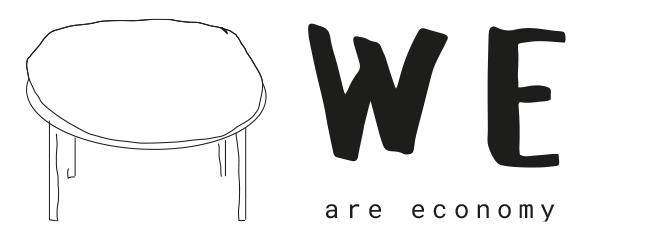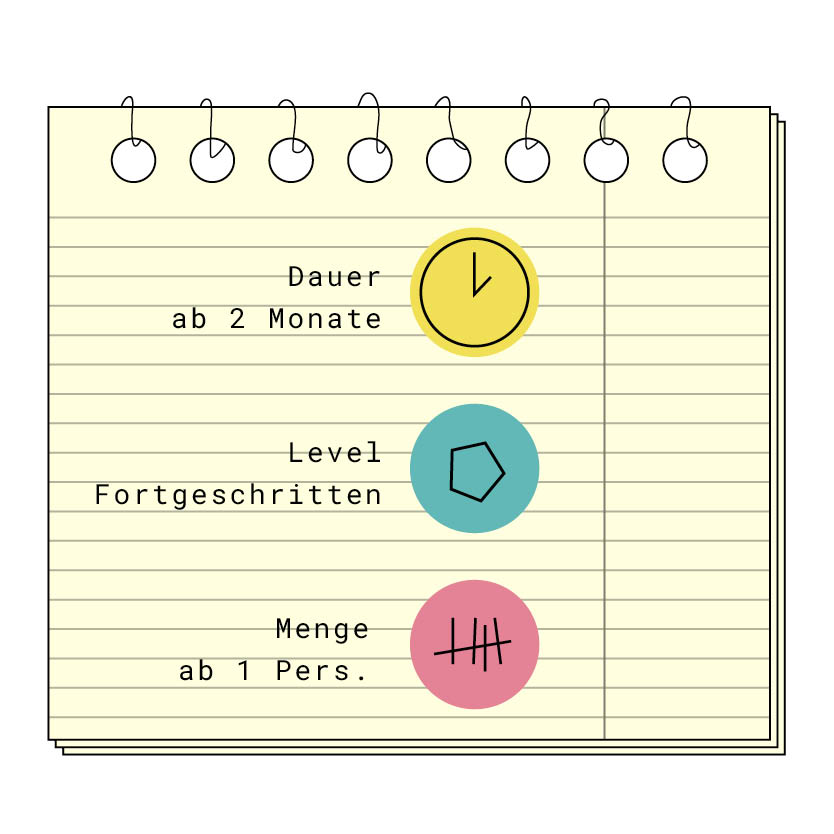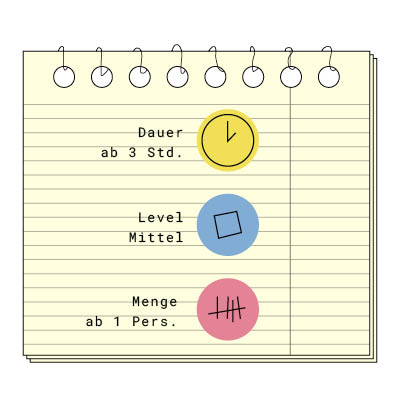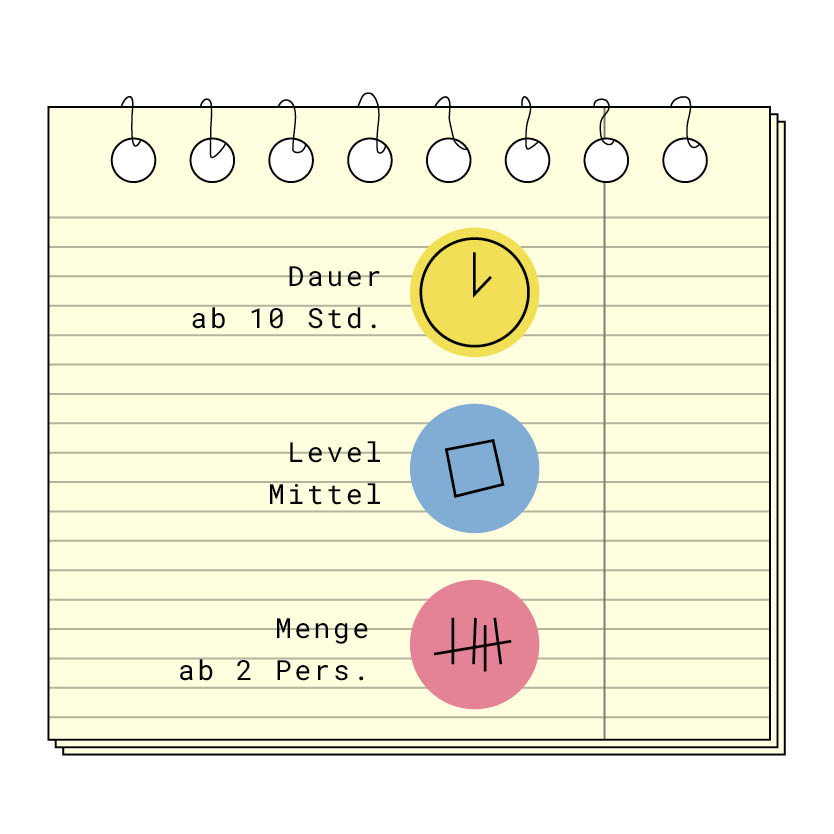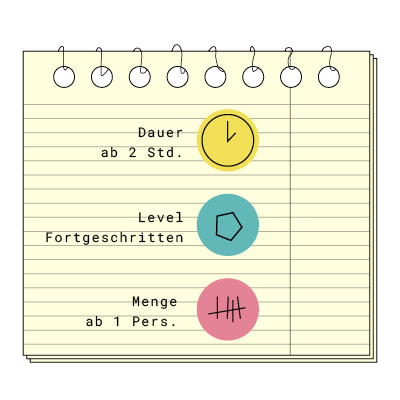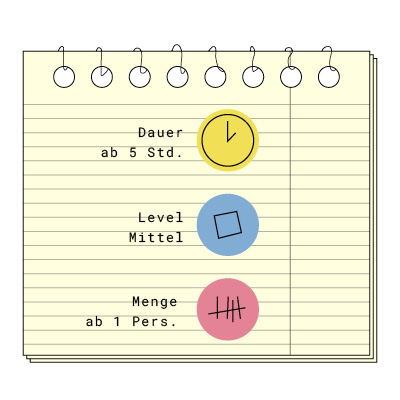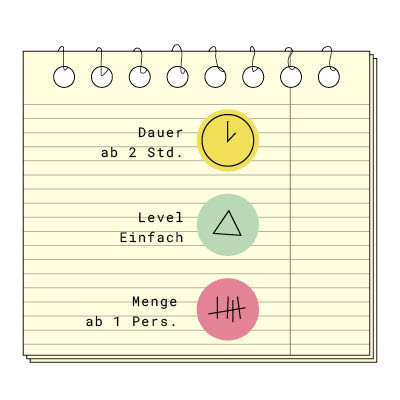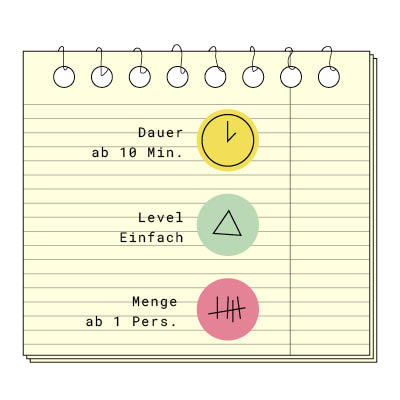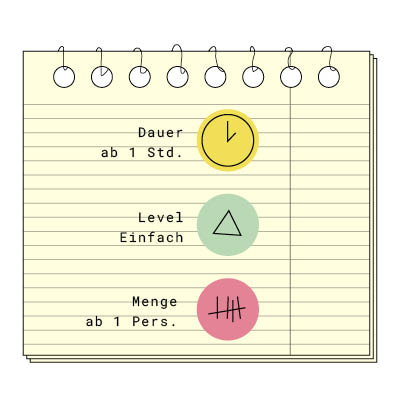We are worried about our future, according to the new consumer climate index published by the Nuremberg-based research company GfK. No wonder. We are slipping from one crisis to the next. First the corona virus pushed the climate crisis out of the headlines, and now the war in Ukraine has in turn pushed corona into the background. We are at a crossroads right now and wish we had a signpost but as Charly Chaplin once aptly put it, there are no road signs on the way to the unknown. But one thing seems clear: If we take our future seriously, we need to change the direction of our economic system. But for this to happen, I am convinced, we must be able to let go of our fear that the necessary changes will turn us into losers:inside this system. Only then can we enter into a positive connection with this possible new economy and be ready to help shape it. To do this, I think we first need to rethink what prosperity actually means to us.
Our expectations regarding the economic outlook and the development of our income have reached a historic low, according to the GFK study in April. We are afraid for our prosperity. At the height of the Corona crisis in October 2020, a survey by the statista portal asked us what we want. According to the survey, we wish above all for less selfishness, more helpfulness and a reduction in social differences in the future. In addition, around half of the respondents expressed a wish for money and materialism to be given less importance. If that's the case, why do we measure the weal and woe of our society by things like the consumer climate?
We need a new image of prosperity
I think we are desperately clinging to an image of prosperity that links our well-being to the development of our material wealth. Probably we simply lack the belief in an alternative to finally let go of this old image. Yet most of us have long been aware of how destructive our model of life is for people and the environment. What could this new image of prosperity look like? Unfortunately, there is no simple answer to this question. But do we just want to carry on like this, just because the new picture still seems blurry to us?
I have lived in Peru for the last three years. A large part of the people there dream of living a life like an average German. What does that actually mean? Here are two examples: We own 573 cars per 1000 inhabitants in Germany, in Peru it is 35 cars, in Ethiopia even 0.92. We own 603 computers per 1000 inhabitants in Germany, in Peru it is 61, in Ethiopia even only 6. About half of the world's population dreams of living like us. What they mean by that is more living space, having their own car, etc.. How can we blame them? For me it is clear, it needs a credible rethinking and redirection here in our country to shape a new image that does not create so much injustice today and for future generations. Only if we change credibly, there is a chance that we do not further accelerate the global crisis with every person who comes to prosperity. How can we call something WELL-being, if at the same time our well-being causes so much unwellness in people and nature as a consequence?
Some ingredients for sustainable prosperity seem clear to me. Instead of measuring material prosperity in terms of possessions, we could measure it in terms of the availability of the things we need. Couldn't it be enough for our happiness and sense of security if we can use things when we need them? In the case of books or clothing, sharing or exchanging things is already quite successful in some cases. But the possibilities of sharing are certainly far from exhausted. A second ingredient could be cooperation instead of competition. In such a mindset, we no longer feel lonely when we think about our future. We learn to trust that we are not solely responsible for our happiness. In order to walk a new, sustainable path, we need the courage to practice new patterns of action as our new "normal". Sure, we will fail sometimes, but that's okay. We also learn from it. Hardly anyone lives a perfect life. Being imperfect means being human!
With our "WIR wie Wirtschaft" project, we want to collect such good examples in the form of recipes and invite people to try out these recipes together, discuss them and keep improving them. In doing so, we want to show: We are all jointly responsible in this economy and we can change something, even if it may only be small things.
The global gap between rich and poor continues to grow. More of the same will only lead us faster to the abyss, socially, ecologically, economically. Rethinking ownership and consumption are central building blocks of a prosperity that creates the future. We can all become part of a movement that rethinks prosperity and the economy, globally, cooperatively, inclusively and fairly.
We look forward to many fellow cooks in our recipe kitchen for an economy that allows new values to grow: #Health, #Nature, #Satisfaction and #Justice ... and the #WIR that really thinks along with everyone.
____________________________________________
Author: Frank Braun, www.fairbinden.eu
Sources:
https://de.statista.com/statistik/daten/studie/1175074/umfrage/umfrage-in-deutschland-zu-den-wuenschen-fuer-die-heutige-gesellschaft-in-zukunft/
https://www.tagesschau.de/wirtschaft/konjunktur/konsumklima-ukraine-krieg-corona-pandemie-101.html
https://www.welt-in-zahlen.de/laendervergleich.phtml?indicator=126
https://www.welt-in-zahlen.de/laendervergleich.phtml?indicator=117
https://www.forschung-und-wissen.de/nachrichten/psychologie/reduzierter-konsum-wirkt-positiv-auf-die-psyche-13373428
https://www.srf.ch/wissen/nachhaltigkeit/umweltpsychologie-warum-wir-die-klimaerwaermung-verstehen-aber-trotzdem-nichts-tun-1
